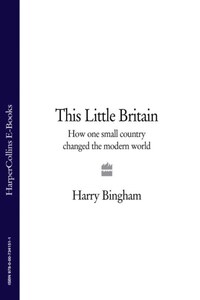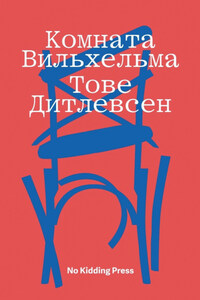Who are we?
For we British, that’s an oddly difficult question. Although our national self-assessment usually notes a number of good points (we’re inventive, tolerant, and at least we’re not French), it lists a torrent of bad ones too. Our society is fragmented, degenerate, irresponsible. Our kids are thugs, our workers ill educated, our managers greedy and incompetent. We hate our weather. Our public services are abysmal. Our society is rude and unfriendly. We drink too much and in the wrong way. Our house prices are crazy, our politicians sleazy, our roads jammed, our football team rubbish. When The Times invited readers to put forward new designs for the backs of British coins, one reader wrote in saying, ‘How about a couple of yobs dancing on a car bonnet or a trio of legless ladettes in the gutter?’
All this denigration may not be good for our self-esteem, but it does at least suggest the existence of some sort of national identity, however humble. But scratch below the surface and that identity quickly starts to unravel. Take the nationality issue, for example. How many countries are there whose name is as confused as ours? Are we best called Great Britain? The British Isles? The United Kingdom? Or none of these? The technically correct title is the United Kingdom of Great Britain and Northern Ireland — a composite term which makes reference to a second composite term (Great Britain) and a chunk of land (Northern Ireland) that was until recently claimed by another sovereign state.
Confused? It gets worse. Take sport. The English mostly cheer the team of any ‘home nation’, including the Republic of Ireland, which isn’t a home nation at all. Meanwhile the Scots cheer the Welsh and vice versa, while both will cheer anyone at all if they’re playing against England. Ryan Giggs, the best Welsh footballer of his generation, once captained the English Schoolboys. One of the leading ‘English’ bowlers is Simon Jones, a Welshman. In rugby, Ireland plays as one team, in football as two, in cricket as one team occasionally masquerading as an English county.
It’s sometimes said that our identity confusion has been exacerbated by today’s multicultural society. Anyone reading today’s newspapers would almost certainly come away with an impression of a society uneasy with itself, a land where racial and religious tension seethes only inches beneath the surface. But if this is the case — and I doubt it — it’s certainly nothing new. Contemporary multiculturalism may pose challenges, but infinitely fewer than it posed in the past. The Viking version of multiculturalism generally involved a sword in the belly. The sixteenth-century version of a multi-faith society involved bonfires, stakes and heretics.
In any case, our national confusion goes far wider and deeper than simply national, ethnic or religious issues. Recent reactions to the war in Iraq exposed long-standing divisions about the country’s attitudes to its past. When the British government chose to go to war, was it acting in its old role of imperialist bully? Or in its equally old role of global policeman and bringer of freedom? The national debate displayed both responses, both equally impassioned. The rise of the British Empire is arguably the most salient fact in the history of the modern world. Should we be proud of it or ashamed? Or perhaps the empire has nothing to do with us any more? For all our love of military adventure, are we perhaps just a glorified adjunct of the United States, a kind of East Atlantic Puerto Rico?
Our own government is hardly keen to boast on our behalf. The Home Office recently published a booklet called Life in the United Kingdom, aimed at helping immigrants navigate the path to citizenship. It’s not a bad publication at all. It begins with a twenty-five-page history of the country, from Roman times to the present. The survey is balanced and accurate, if a bit on the bland side. But what it leaves out is peculiar. It does say, ‘British industry came to lead the world in the nineteenth century.’ But that hardly gets the point across. The fact is that at the peak of our industrial power, we dug two-thirds of the world’s coal, refined half its iron, forged five-sevenths of its steel, manufactured two-fifths of its hardware, and wove half its commercial cotton cloth. That’s not simply leading others. That’s being so far ahead of others that we were, in effect, imagining an entire new world into existence, a world that has utterly altered human expectations of health, wealth and technological possibility.














